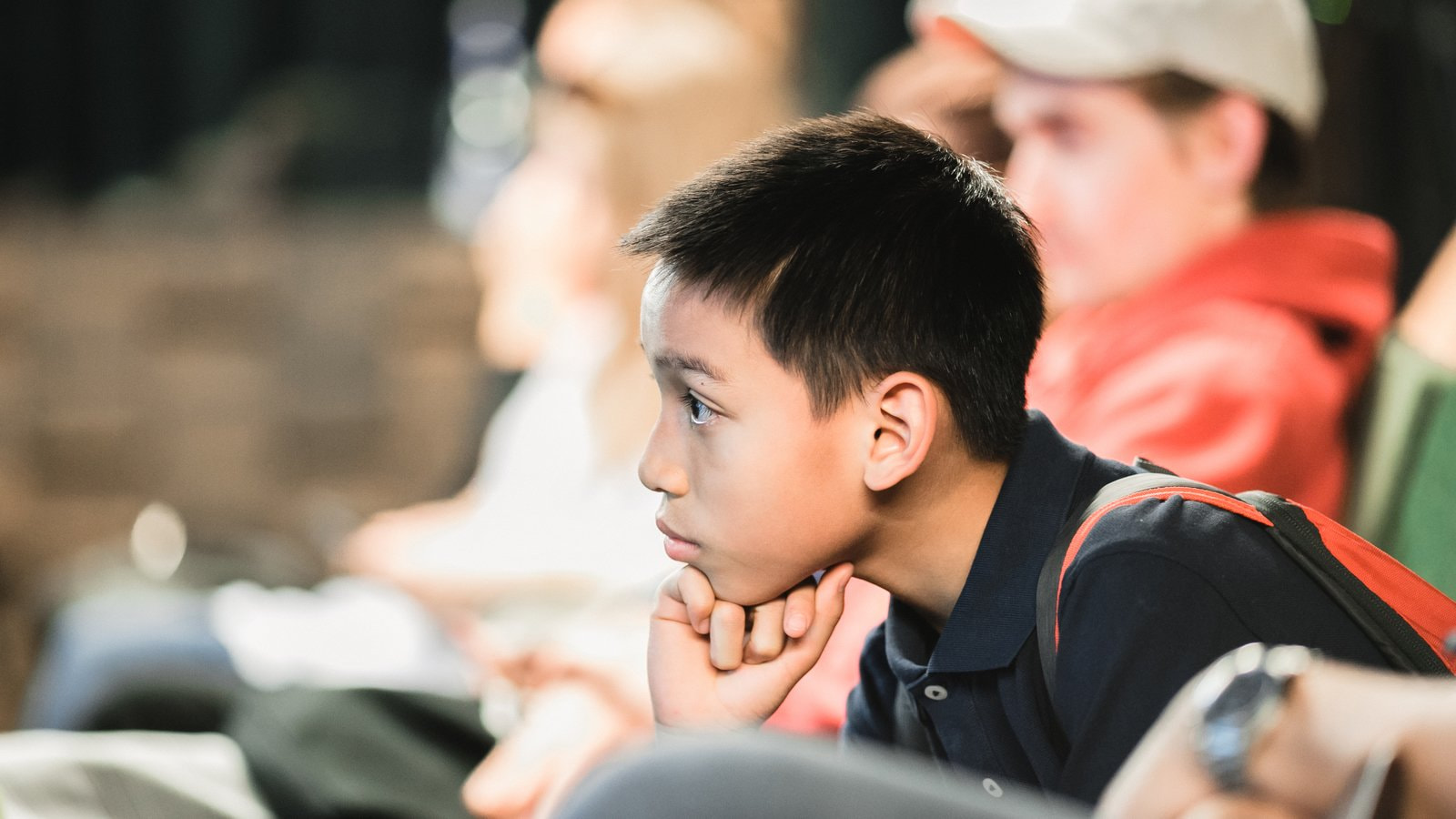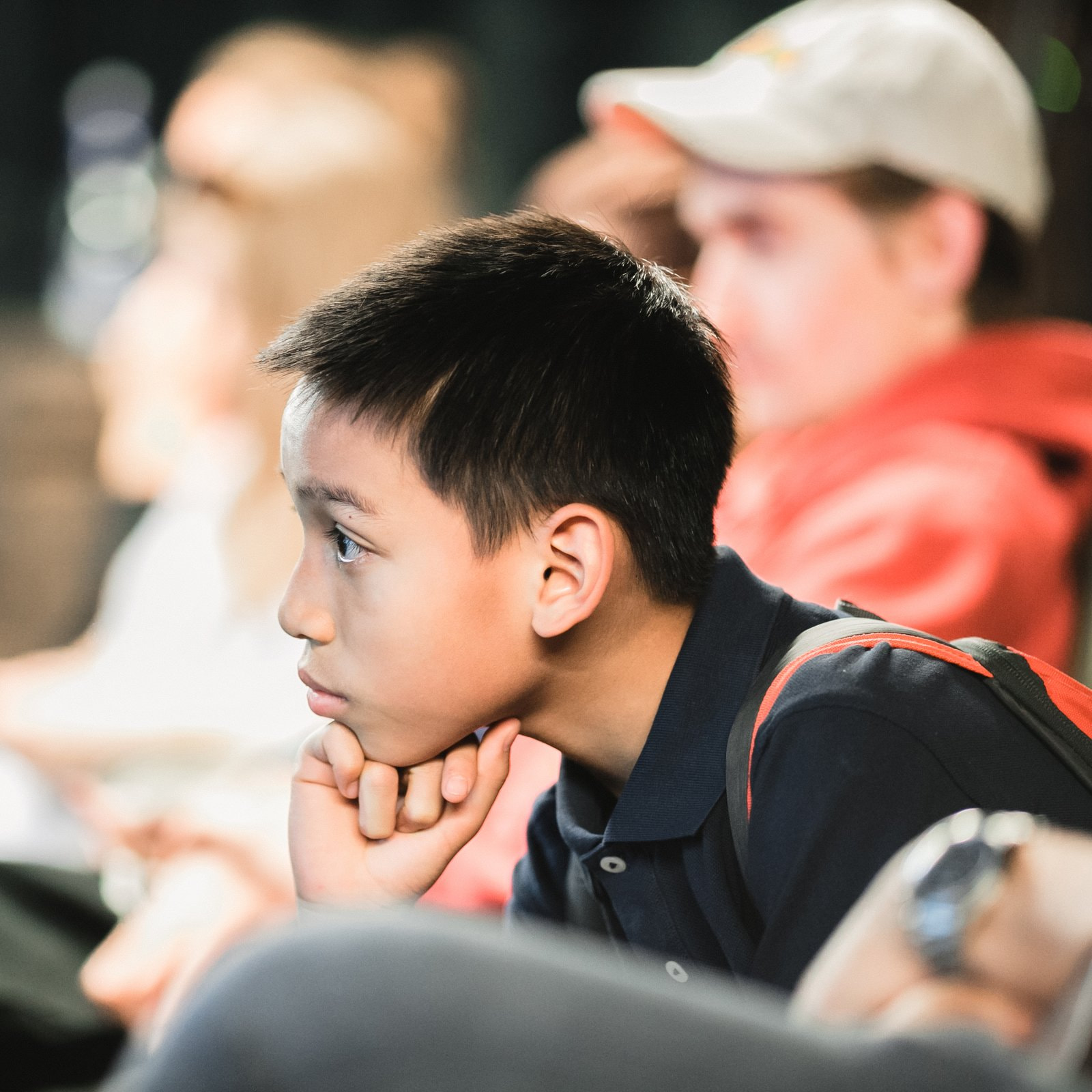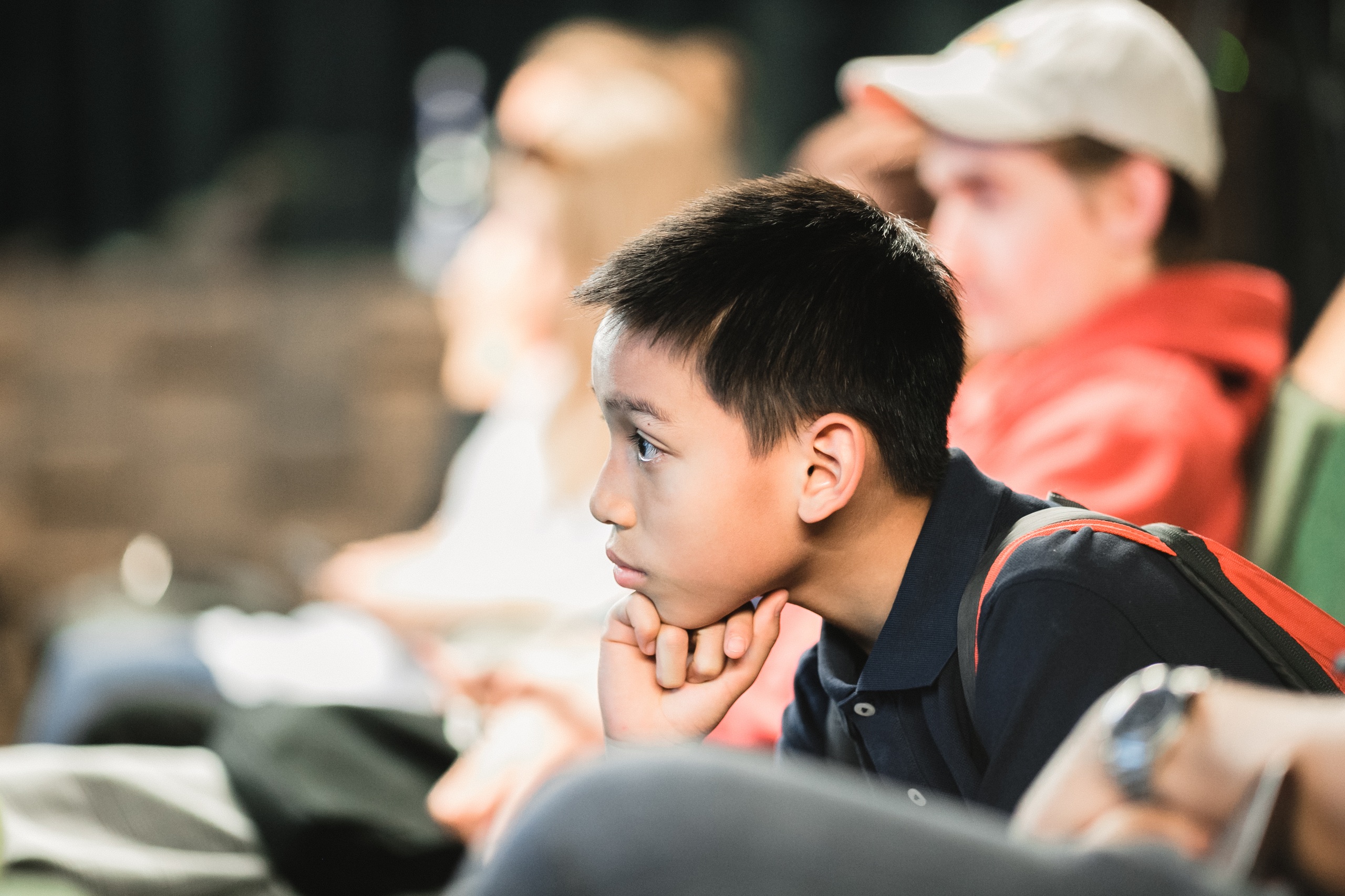Garage Museum of Contemporary Art is launching a marathon of lectures with speakers from eight cities: Berlin, Hong Kong, London, Moscow, New York, New Delhi, Paris, and Istanbul.
Megacities are directly involved in global migration flows: the constant movement of people changes their structure and appearance and makes them an important element in the integration of migrants and refugees. Urban spaces can be inclusive (and provide equal opportunities, breaking ethnic and social barriers) or exclude particular communities pushing them to live within their own enclosed worlds. Every megapolis has its own way of dealing with migration.
The lecture marathon presents an attempt to understand these interactions. We have invited researchers from eight cities to speak about their local experience. The marathon is part of the annual festival Point of Displacement dedicated to migration and taking place around the World Refugee Day.
Lectures are accessible to deaf and hard-of-hearing visitors. Events will be interpreted into Russian Sign Language.


